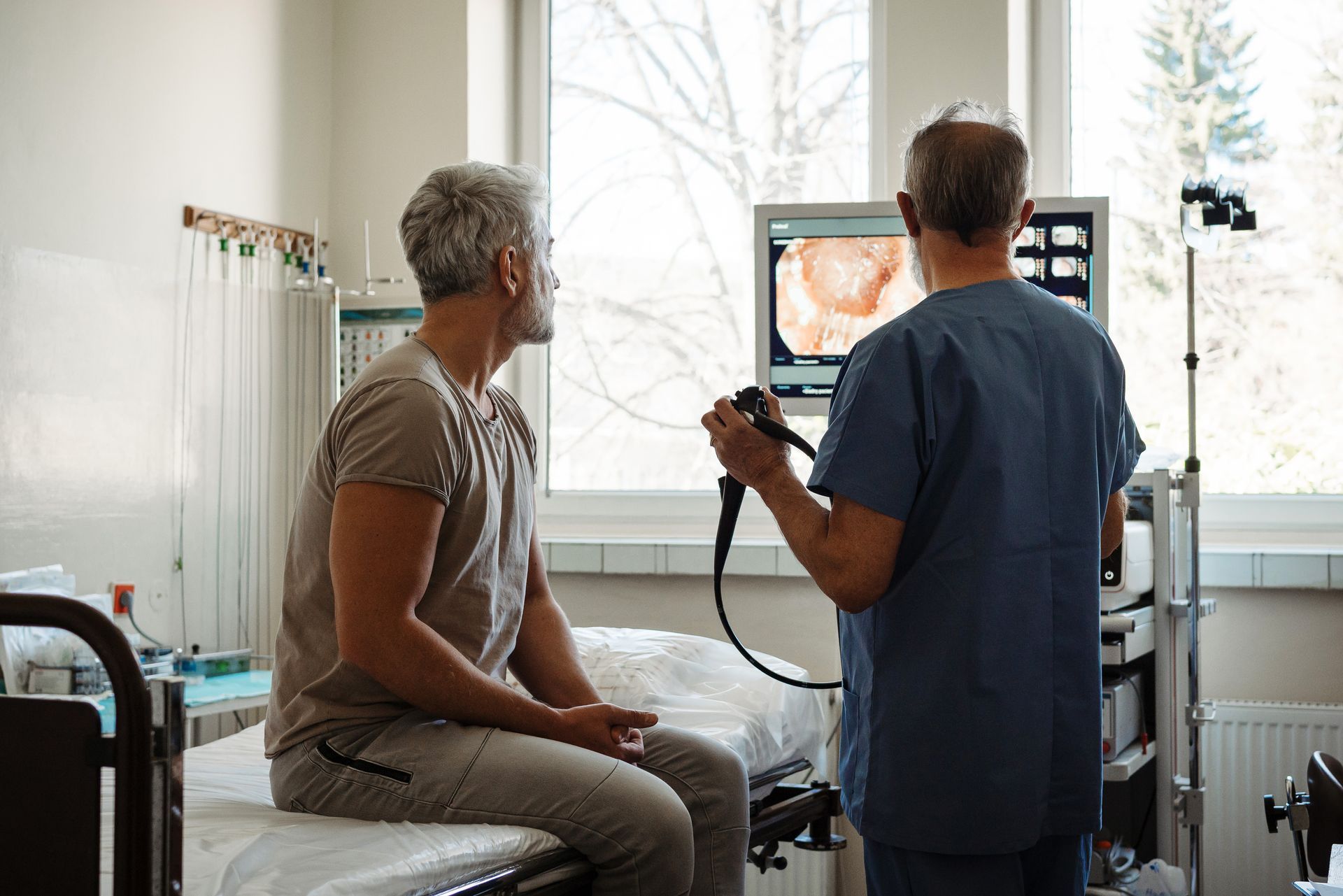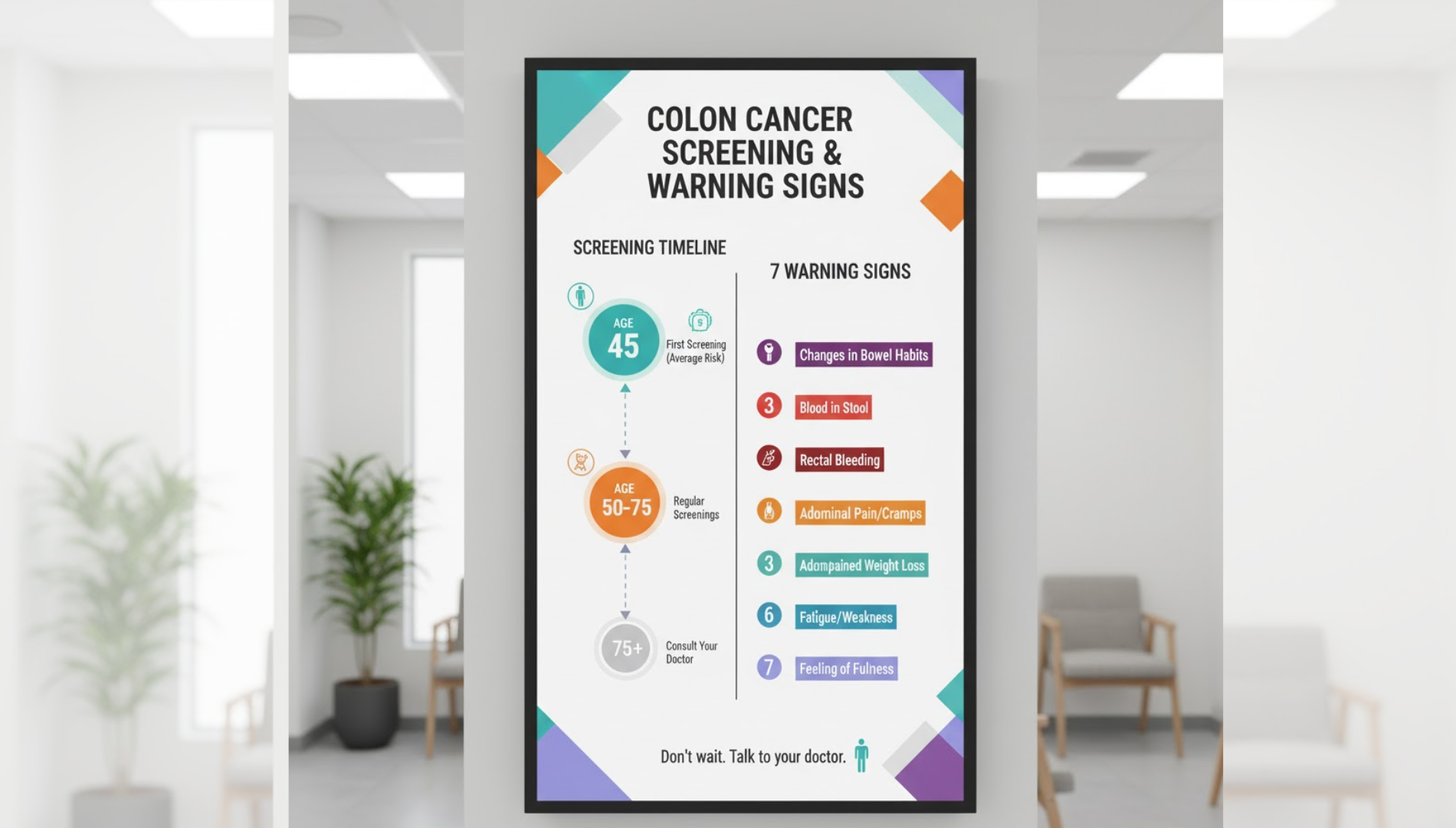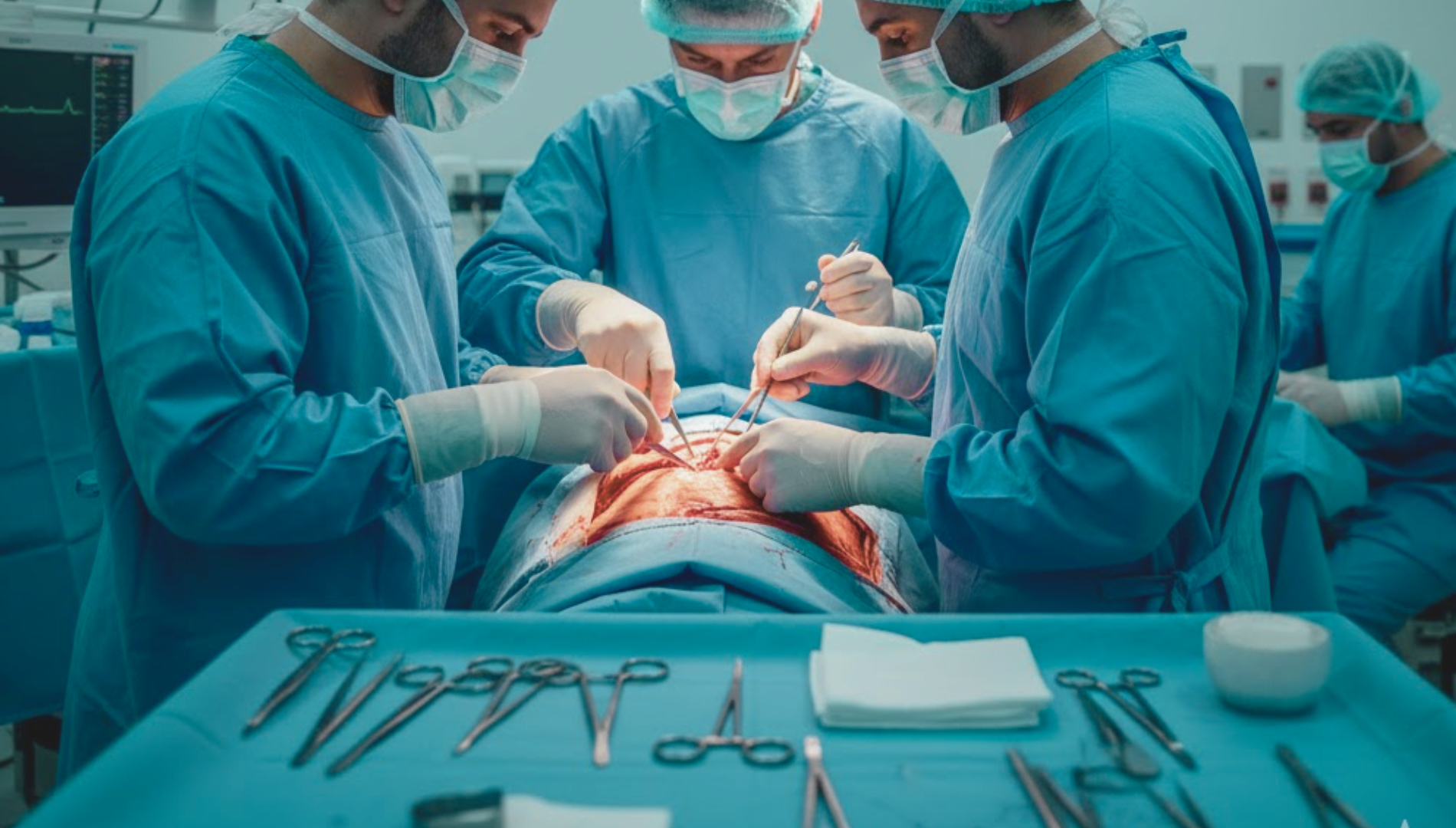Your Guide To Colonoscopy: Appointment Prep Tips

A colonoscopy plays a crucial role in early detection and prevention of colorectal cancer, which remains one of the leading causes of cancer-related deaths in the United States. By examining the large intestine and rectum, this procedure can identify abnormal growths, polyps, or signs of irritable bowel syndrome. Seeking consultations at reputable clinics in Phoenix ensures comprehensive care tailored to individual patient needs. Understanding the significance of this procedure is essential for maintaining digestive health and enhancing overall well-being.
Understanding The Importance Of Colonoscopy In Phoenix
Regular screenings address potential risks associated with colorectal cancer, making colonoscopies a vital aspect of preventive health care. In Phoenix, where colon cancer rates are concerning, these procedures help detect abnormal growths and polyps early, allowing for timely intervention. Additionally, clinics prioritize compassionate medicine, offering patients reassurance in navigating their gastrointestinal health. With accredited facilities and experienced gastroenterologists, the community is encouraged to boost colon cancer screenings to enhance overall well-being and combat rising colorectal cancer cases effectively.
Key Reasons For Scheduling A Colonoscopy
Several critical factors underscore the necessity of scheduling a colonoscopy. Primarily, this procedure serves as a vital screening tool for identifying polyps and abnormal growths that may indicate early stages of colorectal cancer. With rising colon cancer rates, proactive screenings can significantly enhance treatment outcomes. Additionally, for individuals experiencing symptoms such as unexplained bleeding or persistent abdominal pain, a colonoscopy Phoenix can provide essential insights into potential underlying digestive diseases, facilitating timely and effective interventions.
Recommended Age And Frequency For Colonoscopy Screenings
Regular screenings are essential in the fight against colorectal cancer, especially as colon cancer rates continue to rise. Experts recommend that individuals start scheduling colonoscopy screenings at age 45, or earlier if there’s a family history of gastrointestinal diseases or other risk factors. Generally, these screenings should be repeated every ten years, but your gastroenterologist may advise a different frequency based on personal health history or prior findings of polyps or abnormal growths. Staying proactive is key to early detection and improved outcomes.
Preparing For Your Colonoscopy: What Phoenix Clinics Do
Prepping for a colonoscopy can seem daunting, but Phoenix clinics have streamlined the process for patient ease. A clear liquid diet typically precedes your appointment, helping to ensure optimal visibility during the procedure. On the day prior, bowel preparation will include specific medications or solutions to eliminate any residual matter. Guidance from compassionate gastroenterologists will help you navigate medications to avoid, ensuring full compliance with your insurance policy. With organized logistics, the focus shifts entirely to your health and comfort.
Step-by-Step Patient Preparation Process
Preparation for a colonoscopy is a crucial aspect that impacts the effectiveness of the procedure. First, patients typically receive a detailed consultation outlining necessary steps, including bowel preparation to ensure a clear view of the large intestine. Following this, a clear liquid diet is recommended for at least one day prior. It's also essential to manage medications, especially for those with conditions like IBS or GERD. On the day before the procedure, patients may take laxatives to facilitate bowel cleansing, ensuring optimal conditions for a successful screening.
Guidance On Pre-Procedure Diet, Medication And Logistics
Prior to your colonoscopy, adhering to a clear liquid diet is crucial for optimal bowel preparation. This diet often includes clear broths, tea, and juices, ensuring your colon is thoroughly cleansed. Discuss any medications you are currently taking with your gastroenterologist, as adjustments may be necessary, especially if you have conditions like irritable bowel syndrome or inflammatory bowel disease. Additionally, plan your logistics by arranging transportation post-procedure, as sedation may impair your ability to drive. This thoughtful preparation significantly enhances your experience.
Copper Mountain Surgical: Leading Colonoscopy Care In Phoenix
Copper Mountain Surgical stands out in Phoenix for its exceptional approach to colonoscopy care. With a dedicated team led by Dr. Wesley High, the clinic prioritizes compassionate medicine tailored to each patient’s unique needs. The facility boasts accreditations and focuses on advanced gastroenterology practices, ensuring patients receive the highest standard of care. Utilizing state-of-the-art equipment, the team effectively performs procedures like flexible sigmoidoscopy and upper endoscopy, all while maintaining a calm environment designed to enhance comfort and recovery.
Meet Dr. Wesley High And The Specialized Team
Dr. Wesley High leads a dedicated team specializing in gastroenterology at Copper Mountain Surgical, where compassionate medicine meets advanced care. With extensive experience in performing colonoscopies, Dr. High is committed to enhancing colon cancer screenings and ensuring patient comfort throughout the procedure. The specialized team includes licensed gastroenterologists and skilled support staff, all focused on the prevention and detection of colorectal cancer. Together, they provide personalized consultations, integrating cutting-edge techniques with an empathetic approach to patient care.
What Sets Copper Mountain Surgical Apart from Other Centers
Copper Mountain Surgical stands out in Phoenix due to its commitment to compassionate medicine and patient-centric care. The facility's accreditation by the Accreditation Association for Ambulatory Health Care (AAAHC) ensures adherence to the highest quality standards. With specialized gastroenterologists, advanced technology, and a focus on minimizing discomfort, patients receive tailored treatments for a variety of digestive diseases, including colorectal cancer. This emphasis on thorough education and personalized consultations empowers patients to make informed decisions about their health, making it a preferred choice for colonoscopy screenings. Read Why Early Colonoscopy Screenings Is Crucial For Your Health to learn more.
What Happens During The Colonoscopy Procedure
A colonoscopy involves a thorough examination of the large intestine using a colonoscope, a flexible tube equipped with a camera. During the procedure, patients are typically sedated to ensure comfort and ease. The physician navigates through the colon, allowing for the identification of abnormal growths, polyps, or signs of colorectal cancer. This proactive approach enables the early detection of potential issues, enhancing patient outcomes and facilitating timely intervention. Post-procedure, patients are monitored during recovery to ensure their well-being.
The Procedure Timeline: Start To Finish
Understanding the procedure timeline provides clarity and can ease any apprehension. Initially, pre-procedure checks occur, ensuring that all necessary preparations are complete. Following this, patients are escorted to the procedure room, where the gastroenterologist utilizes a colonoscope to examine the large intestine. The entire process usually takes about 30 to 60 minutes. Post-procedure, a recovery phase begins, allowing patients to rest before receiving discharge instructions, including any relevant follow-up care. Remember, attentive monitoring of symptoms like bleeding is essential during recovery.
Tools, Techniques And Patient Comfort Measures
Advanced tools and techniques play a crucial role in ensuring a smooth colonoscopy experience. Utilizing a flexible colonoscope, gastroenterologists can precisely visualize the large intestine while minimizing discomfort. Sedation options are available to help patients relax, reducing anxiety and ensuring comfort throughout the procedure. Effective patient comfort measures, such as warm blankets and personalized care, contribute to a reassuring atmosphere. This compassionate approach aims to alleviate concerns around the procedure, enhancing overall patient satisfaction and promoting adherence to recommended colorectal cancer screenings.
Conclusion
Undergoing a colonoscopy is crucial for early detection and prevention of colorectal cancer, especially in Phoenix, where rates may vary. With advancements in gastroenterology and compassionate care offered by local clinics, the experience can be worry-free and supportive. Staying informed about screening guidelines and preparations strengthens your health journey. Prioritize your wellness by consulting with a specialist, as timely interventions can significantly boost your chances against abnormal growths in the large intestine. Don’t hesitate, call today!




